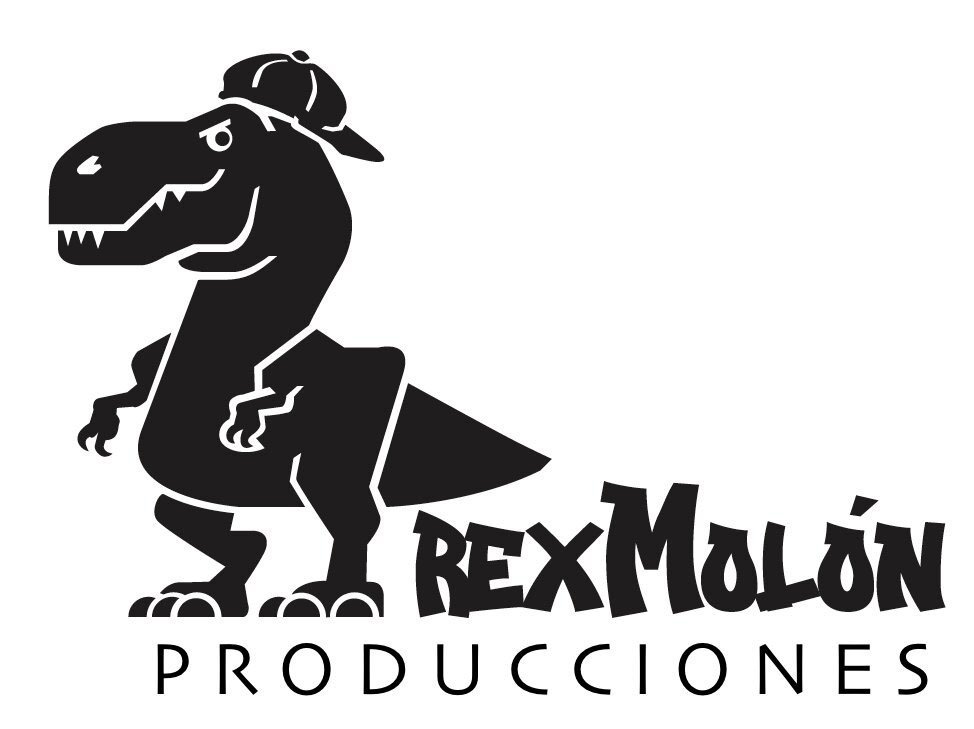
Yogurt may be the next go-to garlic breath remedy
Study finds proteins in particular have strong deodorizing effect.

Near-surface permafrost will be nearly gone by 2100
Most of Earth’s near-surface permafrost could be gone by 2100, an international team of scientists has concluded after comparing current climate trends to the planet’s climate 3 million years ago.

An implantable device could enable injection-free control of diabetes
The device contains encapsulated cells that produce insulin, plus a tiny oxygen-producing factory that keeps the cells healthy.

At what age are people usually happiest?
An evaluation of over 400 samples shows how subjective well-being develops over the course of a lifespan.

Using augmented reality to make Parkinson's disease physical therapy more accessible
A digital solution engaging the brain and body could improve therapy for people with Parkinson’s disease.

Parker observes a coronal mass ejection “vacuuming” interplanetary dust
NASA’s solar probe is helping to prove a 20-year-old theory about the interaction of coronal mass ejections with interplanetary dust, with implications for space weather predictions.

Prioritizing career over freedom doesn't boost well-being
Prioritising career goals over fun and freedom doesn’t make your life better, researchers have found.

Genetically modified bacteria break down plastics in saltwater
Researchers have genetically engineered a marine microorganism to break down plastic in salt water.

Evolution wired human brains to act like supercomputers
Scientists have confirmed that human brains wired like supercomputers for bayesian inference.

New study discovers how neurons die in Alzheimer’s disease
Researchers from Belgium and the UK transplanted human brain cells into the brains of genetically modified mice. The advance opens new pathways for potential future treatments.

Cancer: study explains why certain immunotherapies don’t always work as predicted
The findings could help doctors identify cancer patients who would benefit the most from drugs called checkpoint blockade inhibitors.

Breast milk brings babies a healthier microbiome
Scientists suggest that specific proteins found in breast milk can influence the abundance of gut microbes necessary for immune system development and health in infants.

Supermassive black holes alter galactic chemistry
These cosmic beasts affect the chemical composition of their host galaxies, research shows.

Rivers are rapidly warming, losing oxygen; aquatic life at risk, study finds
Rivers are rapidly losing oxygen due to rising temperatures, which is putting fish at risk and the lives of humans.

Earth’s electrons may be forming water on the Moon
A team of planetary scientists has made a significant discovery related to the formation of water on the moon’s surface.

New fossil shows Europe had different herbivorous dinosaurs to Asia and America
Scientists have discovered a new species of small plant-eating dinosaur on the Isle of Wight in southern England: Vectidromeus insularis

Astronomers spot a mysterious galaxy wrapped in a cosmic “ribbon”
What astronomers thought was a pretty normal spiral galaxy not far from the Milky Way has revealed a cosmic gift.

265-million-year-old fossil reveals oldest, largest predator in South America, long before the rise of dinosaurs
40 million years before dinosaurs ruled, Pampaphoneus biccai dominated South America as the biggest and most bloodthirsty meat eater of its time.

Water quality deteriorating in rivers worldwide due to climate change and increasing extreme weather events
Climate change and increases in drought and rainstorms pose serious challenges to our water management. Not only the availability of water is under pressure, but also its quality, says a study.

Webb Discovers Methane, Carbon Dioxide in Atmosphere of K2-18 b
This exoplanet orbits the cool dwarf star K2-18 in the habitable zone and lies 120 light-years from Earth in the constellation Leo.

